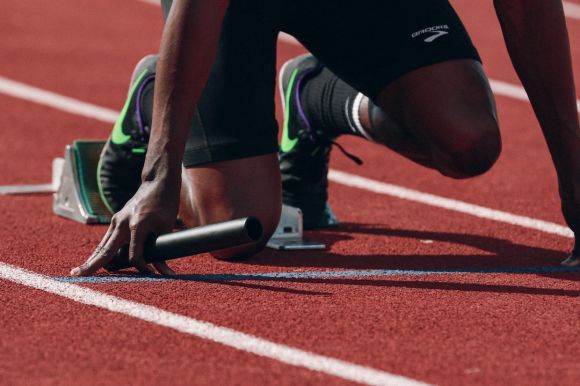Psychology plays a crucial role in sports performance. Athletes often spend countless hours perfecting their physical skills, but it is the mental aspect that can truly make a difference in their performance. This article explores the relationship between psychology and sports performance, highlighting the various ways in which psychological factors can impact an athlete’s abilities.
Understanding the Mind-Body Connection
The mind and body are intrinsically connected, and this connection is especially evident in the world of sports. Mental states can significantly influence physical performance, and vice versa. For example, a positive mindset can enhance an athlete’s confidence, focus, and motivation, leading to improved performance. On the other hand, negative thoughts, anxiety, or self-doubt can hinder an athlete’s abilities and negatively impact their overall performance.
Goal Setting and Motivation
Setting clear and achievable goals is a fundamental psychological strategy in sports. Goals provide athletes with a sense of direction and purpose, helping them stay motivated and focused on their training and competitions. By setting specific, measurable, attainable, relevant, and time-bound (SMART) goals, athletes can effectively channel their efforts towards continuous improvement and success.
Visualization and Mental Imagery
Visualization is a powerful psychological technique used by many successful athletes. By mentally rehearsing their performances, athletes can enhance their focus, concentration, and confidence. The ability to vividly imagine successfully executing specific skills or strategies can help athletes overcome challenges and perform at their best. Regular practice of mental imagery can also decrease anxiety and increase self-belief, ultimately leading to improved sports performance.
Managing Stress and Anxiety
Competitive sports can be highly stressful, and managing stress and anxiety is crucial for optimal performance. Athletes who can effectively regulate their emotions and stay calm under pressure are more likely to excel in their respective sports. Techniques such as deep breathing exercises, progressive muscle relaxation, and mindfulness can help athletes reduce stress, anxiety, and nervousness, allowing them to perform at their best when it matters most.
Building Resilience and Overcoming Setbacks
Sports often involve setbacks and failures. However, how athletes respond to these setbacks can significantly impact their future performances. Psychological resilience, the ability to bounce back from adversity, is a vital trait for athletes. Resilient athletes are better equipped to handle setbacks, learn from their mistakes, and maintain a positive mindset, ultimately leading to improved performance in the long run.
The Role of Confidence
Confidence is a key psychological factor in sports performance. Athletes who believe in their abilities are more likely to take risks, push themselves beyond their limits, and perform at their best. Building confidence involves a combination of positive self-talk, past successes, and mental preparation. Coaches and sports psychologists often play a significant role in helping athletes develop and maintain confidence throughout their careers.
The Importance of Mental Training
Just as athletes train their bodies physically, mental training is equally important. Mental training involves developing mental skills such as focus, concentration, emotional control, and resilience. It helps athletes improve their ability to handle pressure, stay motivated, and perform consistently. Incorporating mental training into regular practice routines can have a significant impact on an athlete’s overall performance and well-being.
In conclusion, the relationship between psychology and sports performance is undeniably strong. The mental aspect of sports plays a crucial role in an athlete’s abilities, as it impacts their mindset, motivation, confidence, and ability to handle stress. By understanding and harnessing the power of psychological factors, athletes can unlock their full potential and achieve peak performance in their respective sports.
